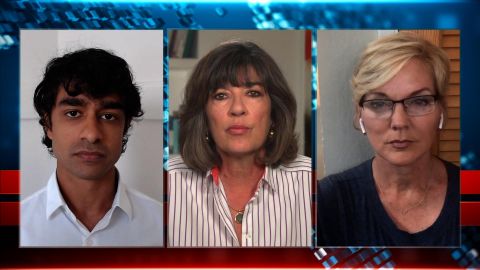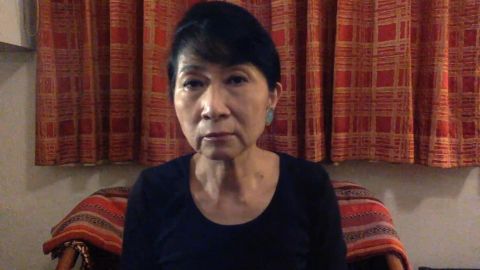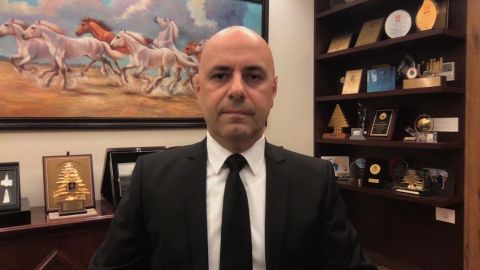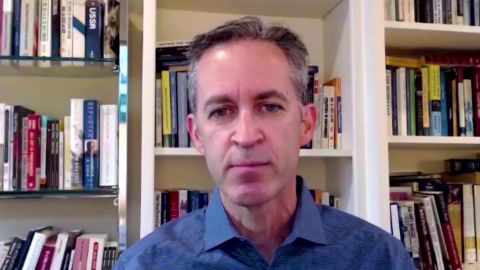Read Transcript EXPAND
CHRISTIANE AMANPOUR: Tell us what you think is going to happen next? You’ve had the whole government resign. So, what next? I mean he talks about a salvation government. I know that is a term of art, but the country needs salvation. How will it come?
GHASSAN HASBANI, FORMER LEBANESE DEPUTY PRIME MINISTER: Well, we’ve been calling for action by this government since its formation. It was supposed to be an independent technocratic government that was to bring about the change and the reforms that we were unable to perform due to being part of a coalition or a national unity government in the past. Except that several months have passed and not much has actually been achieved in this regard. I believe what’s going to come next is hopefully the formation of what was expected about eight months ago, an independent government with no influence from those parties and groups that have been influencing this government, and a government that’s really able to take on the big challenges. The other point that’s being raised now is a question mark about the current parliament, and whether there’s going to be a further push for early parliamentary elections to bring about a complete change to the political system.
AMANPOUR: Clearly, that’s what’s needed, because the same actors in various different Rubik’s Cubes coalitions have been running the place since the civil war, and it’s just clearly not working. We’ve heard and we see, you know, headlines saying, you know, referring to the explosion, Lebanon’s mushroom cloud of incompetence. We see other headlines saying, this is what the world breaking looks and sounds like. I mean, your country is in the — you know, is in the petri dish of about to become a failed state. Do you agree with that? Could it be a failed state any time soon?
HASBANI: Well, absolutely. What we have been trying to avoid, we joined previous governments in short periods of time as a minority opposition party in the national coalition on the hope that this would bring stability and we can work on the reforms. But what we have seen is still there, and we’ve seen nepotism, clientelism, appointed (ph) unprotection of public sector employees that effectively have been controlled by specific controlled political groups. In addition to this you, add sectarianism, and this leads to corruption, mismanagement, neglect which, in the end, you add to all of that non-state actors that have the power on the ground, and you end up with a failed state. What we need to do now is to change all this situation and change drastically the system that has been protecting this corruption.
About This Episode EXPAND
Christiane speaks with former Lebanese Deputy Prime Minister Ghassan Hasbani and Hong Kong pro-democracy Legislative Council member Claudia Mo. She also speaks with former Governor of Michigan Jennifer Granholm and Fmr. Chief of Staff for Alexandria Ocasio-Cortez Saikat Chakrabarti. Hari Sreenivasan speaks with David Kaye, Former U.N. Special Rapporteur on Freedom of Opinion and Expression.
LEARN MORE



